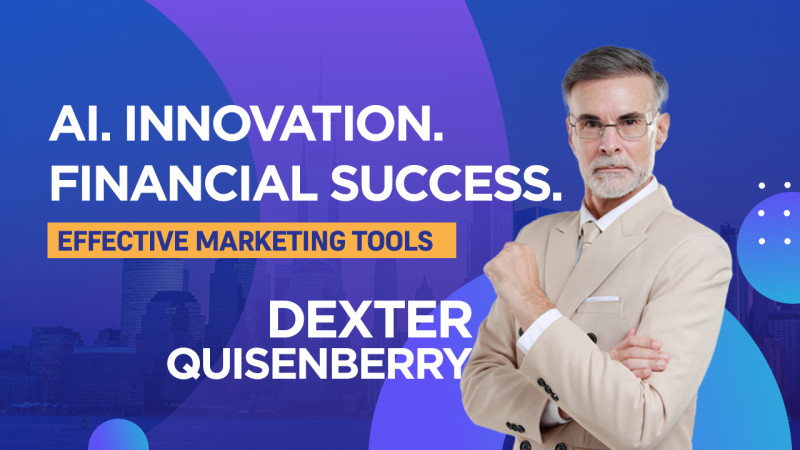Can you teach a computer common sense?
The first time Short Wave co-host Emily Kwong ever "spoke" to a computer was at a children's museum. On display was a computer equipped with ELIZA, one of the very first programs for natural language processing.
The monitor was black with inviting green font, which read, "Hello, I'm ELIZA. I'll be your therapist today." Emily sat down at the keyboard and started typing, detailing all of her middle school friendship stress, and Eliza responded in ways that felt almost human.
Nowadays, instead of ELIZA, ChatGPT is talking up a storm. In the last decade, machines capable of natural language processing have moved into our homes and grown in sophistication. From spell check to spam filters, smart speakers to search autocomplete, machines have come a long way in understanding and interpreting our language. However, these systems lack a quality we humans take for granted: commonsense reasoning.
"Common sense, in my view, is the dark matter of intelligence and language," says Yejin Choi, professor of computer science at the University of Washington and the Allen Institute for AI. "What's written down or spoken out loud in the literal form is only the surface of it. Really, beneath the surface, there's these huge unspoken assumptions about how the world works."
Choi teaches machines to understand these unspoken assumptions and is one of the world's leading thinkers on natural language processing. In 2022, her work caught the eye of the MacArthur Foundation, earning her one of their prestigious fellowships. Today on the show, Choi talks with Short Wave co-host Emily Kwong about how she's teaching artificial intelligence systems the art of common sense and how to make inferences about the real world.
Curious about the future of AI? Email us at shortwave@npr.org.
Listen to Short Wave on Spotify, Apple Podcasts and Google Podcasts.
Today's episode was produced by Liz Metzger. It was edited by Gabriel Spitzer. Valentina Rodríguez Sánchez was the audio engineer.
Disclaimer: The copyright of this article belongs to the original author. Reposting this article is solely for the purpose of information dissemination and does not constitute any investment advice. If there is any infringement, please contact us immediately. We will make corrections or deletions as necessary. Thank you.







